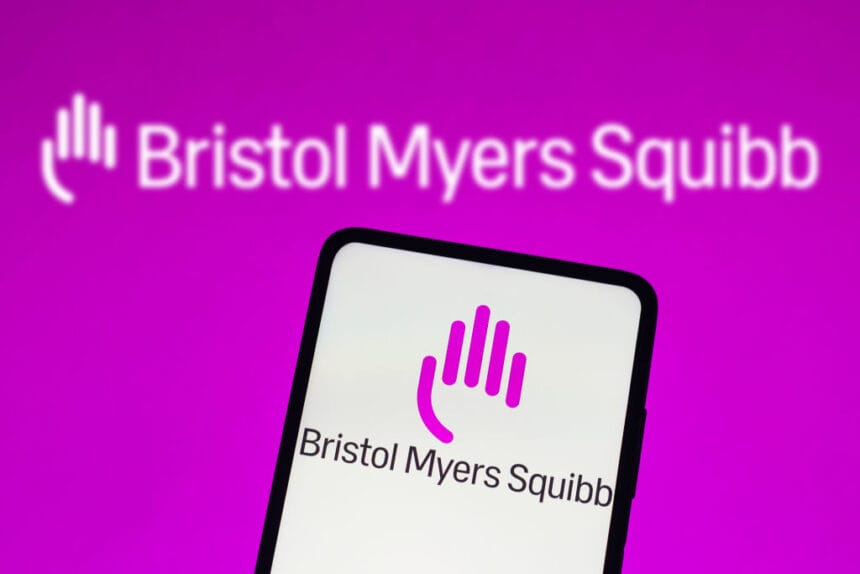Bristol Myers Squibb and 2seventy bio will have to wait, at least into next year, for a regulatory decision on their requested label expansion for cancer treatment Abecma.
The two firms, whose supplemental biologics license application for Abecma in earlier lines of triple-class exposed multiple myeloma (MM) patients is pending before the Food and Drug Administration, will see an expected December 16 decision day come and go.
Instead, in a statement issued Monday, the two firms said that FDA’s Oncologic Drugs Advisory Committee (ODAC) will meet to review their sBLA, although the meeting date “has yet to be confirmed.”
Abecma (ide-cel), a CAR-T therapy which recognizes and binds to BCMA on the surface of MM cells, is currently approved for fifth-line therapy in adult patients with triple-class exposed, relapsed or refractory multiple myeloma (RRMM).
BMS and 2seventy are hoping to extend their indication into earlier-line MM based on results from the Phase 3 KarMMa-3 trial.
The review delay, a setback to the pair’s earlier-line aspirations, follows news earlier this month that Abecma’s third-quarter U.S. sales of $69 million declined 40% quarter-on-quarter, missing Wall Street’s expectations by about $25 million.
It also comes on the heels of 2seventy’s September announcement of a company restructuring to lay off 40% of its workforce in order to prioritize Abecma growth. At the time, the biotech said the drug would fall short of its previously announced 2023 sales guidance of $470 million to $570 million.
Outgoing CEO Nick Leschly, who said he will join 2seventy’s board until a successor is found, cited “the macro environment for oncology cell therapy companies and the near-term headwinds we have seen in our own business.”
Those commercial headwinds could persist, even with an anticipated label expansion, due to competition from bispecific T-cell engagers (TCEs) and the other approved BCMA-directed CAR-T therapy, Carvykti (cilta-cel), which is marketed by Johnson & Johnson and Legend Bio.
Carvykti’s increased manufacturing capacity and overall superior profile will “impact Abecma’s demand outlook despite label expansion,” wrote Goldman Sachs analyst Salveen Richter in a recent investor note.
BMS had to shut down a manufacturing plant in June to gear up for Abecma’s potential third-line MM approval, which would expand the addressable market from 4,000 patients to 16,000. Although the facility is fully operational now, the scale-up cut into the brand’s Q2 revenue growth.
Declaring a winner in the Abecma-Carvykti rivalry may come down to a combination of factors, from infrastructure to efficacy. In the meantime, BMS has pledged to return Abecma to growth by increasing the drug’s treatment site footprint.
Other steps include educating physicians on treatment sequencing, such as reinforcing the need for use of CAR-T therapies ahead of TSEs and antibody drug conjugates, and framing Abecma’s real-world profile to the MM community.
The latter includes presentations at the upcoming American Society of Hematology (ASH) meeting in early December, where 2seventy is slated to present data from Cohort 2c of the KarMMa-2 study with extended follow-up, as well as updated analysis on KarMMa-3. The biotech is also exploring use of Abecma in newly diagnosed patients in the KarMMa-9 study, which has been initiated.







